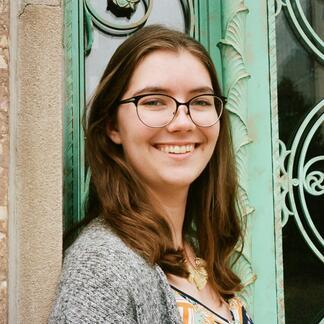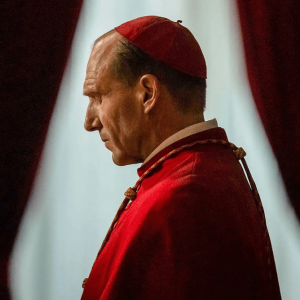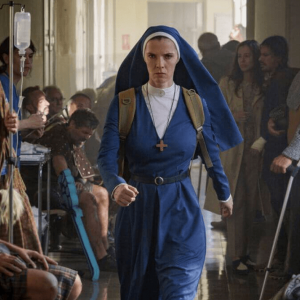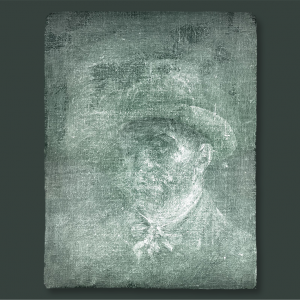
Sarah Vincent is an associate editor at Good Housekeeping, where she covers books and runs the book club. She is also a freelance culture journalist. You can find her work in Reader’s Digest, Business Insider, America Magazine, and National Catholic Reporter.
Posts By This Author
In ‘Conclave,’ Electing a Pope Becomes a Psychological Thriller
Directed by Oscar-winner Edward Berger (All Quiet on the Western Front), Conclave begins when the pope dies unexpectedly. To elect the next pontiff, the College of Cardinals convenes in the Vatican, entering total seclusion from the outside world until a majority vote can be reached. But if God is working through the cardinals, so too is something darker: ugly hunger for power and bitter ideological divide.
Jesus Meets Sentient AI in ‘Mrs. Davis’
The new Peacock TV series Mrs. Davis has the most unhinged first 15 minutes of possibly any show I have ever seen. Men burn at the stake, heads roll, water is walked on, blood fountains.
A Secret Van Gogh Drawing Unveils His Complicated Faith
The artist had compassion for the poor — and a lifelong struggle with religious rejection.
ART CONSERVATIONALISTS RECENTLY discovered a previously unknown Vincent van Gogh painting, a rare find that has excited the art world. On the back of his 1885 portrait “Head of a Peasant Woman,” tucked beneath layers of cardboard and glue, is a hidden self-portrait from early in van Gogh’s career, before he famously cut off his left ear. But the discovery is significant for more than its artistic importance. The hidden self-portrait is symbolic of van Gogh’s larger life and works, illustrating his Christian faith, compassion for the poor, and lifelong struggle with religious rejection.
Van Gogh grew up attending church and wanted to become a clergyman, just like his father, Rev. Theodorus van Gogh. But these hopes were dashed when he was unable to enter religious studies, in part because of behavior considered “eccentric” — a sort of manic shifting of interests. This was an early manifestation of van Gogh’s lifetime of mental health struggles, and the beginning of a complicated relationship with the church.


